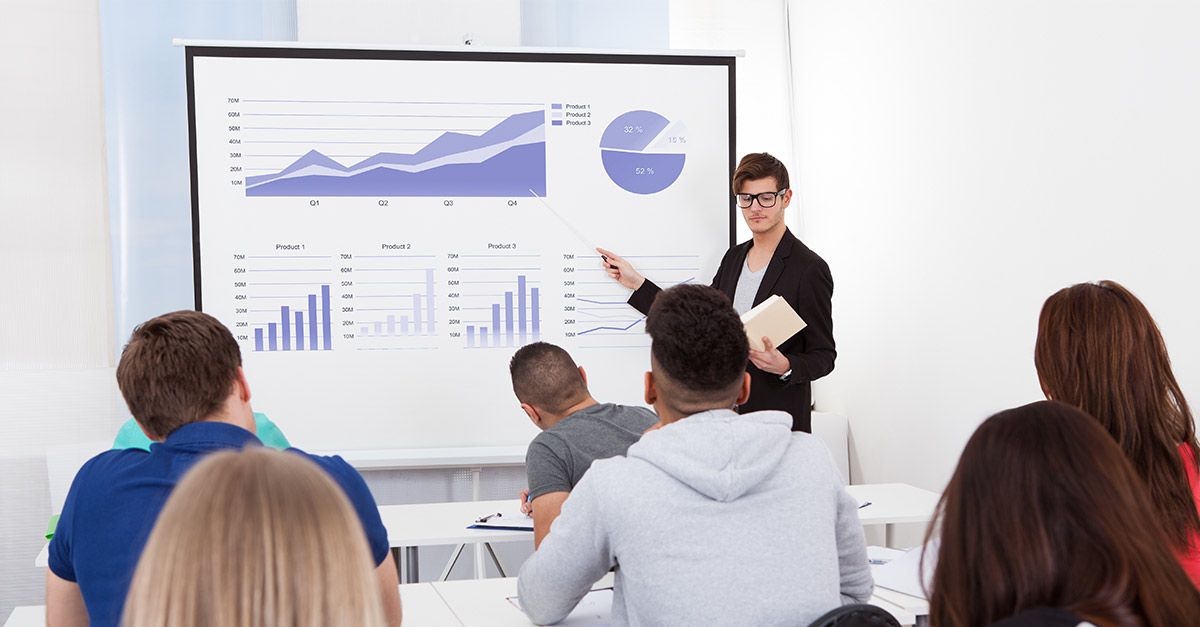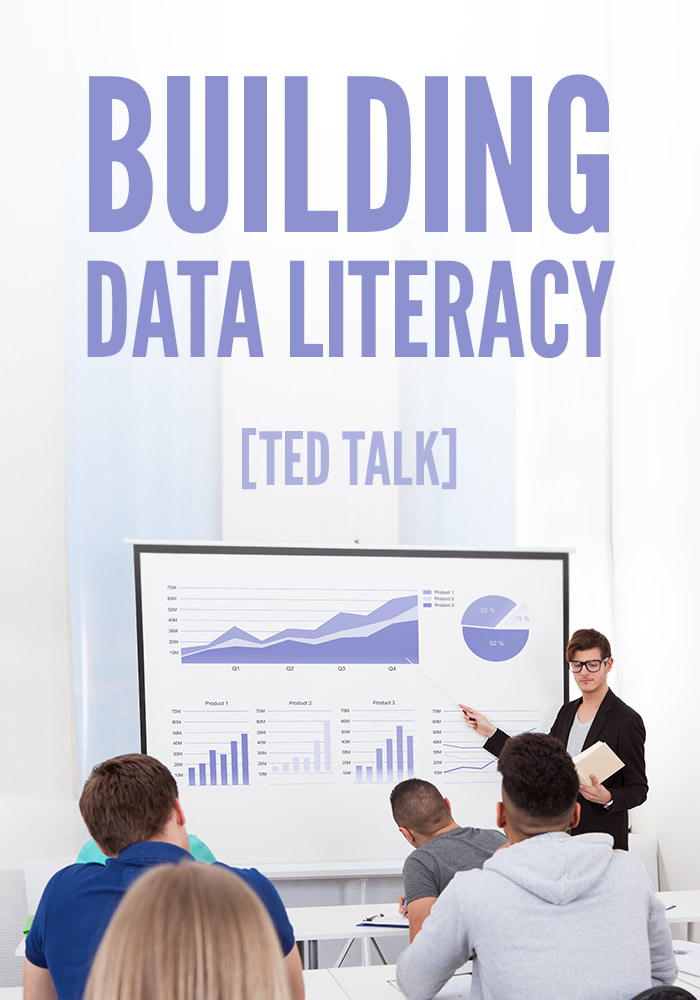Building Data Literacy [TED Talk]

In his TED Talk at the London Business School, speaker Alex Edmans considered the question of “…what to trust in a ‘post-truth’ world?” Edmans opened his talk with an exploration of confirmation bias: our propensity to accept a story (eg., a newspaper article) we like as being true, without being duly critical.
For example, if we read a story that interprets a data set in ways that support our preconceived beliefs, we rarely stop to ask, “Are there alternative explanations that can explain the data just as well if not better than my own explanation?” Edmans explains:
A story is not fact, because it may not be true. A fact is not data; it may not be representative if it’s only one data point. And data is not evidence — it may not be supportive if it’s consistent with rival theories.
How, then, can we know what is true? Edmans recognizes that this is a weighty question. He says, “When you’re at the inflection points of life, deciding on a strategy for your business, a parenting technique for your child or a regimen for your health, how do you ensure that you don’t have a story but you have evidence?”
Thankfully, Edmans has three tips which provide some guidance.
1) “Read and Listen to People You Flagrantly Disagree With”
Edmans points out that even if 90% of what they say seems wrong to you, there might still be 10% that you can learn from. Edmans recommends that you “surround yourself with people who challenge you, and create a culture that actively encourages dissent.”
2) “Listen to Experts”
Edmans recognizes that this is “perhaps the most unpopular advice that I could give you.” And of course the experts are often wrong, so how can we know who to trust? Edman suggests that “we should critically examine the credentials of the authors. Just like you’d critically examine the credentials of a potential surgeon. Are they truly experts in the matter, or do they have a vested interest?” And secondly, Edmans says, “We should pay particular attention to papers published in the top academic journals.” He notes that academics are often accused of being detached from the real world. But he explains that “this detachment gives you years to spend on a study. To really nail down a result, to rule out those rival theories, and to distinguish correlation from causation. And academic journals involve peer review, where a paper is rigorously scrutinized.”
3) “Pause Before Sharing Anything”
Edmans reminds us of the Hippocratic oath which states “First, do no harm.” Edmans warns that “what we share is potentially contagious, so be very careful about what we spread. Our goal should not be to get likes or retweets. Otherwise, we only share the consensus; we don’t challenge anyone’s thinking. Otherwise, we only share what sounds good, regardless of whether it’s evidence.”
Further Reading
• The way of thinking that Edmans’ talk is designed to foster is called Data Literacy. In his book Robot-Proof: Higher Education in The Age of Intelligence, Joseph E. Aoun, president of Northeastern University, highlights data literacy as a must needed emphasis for contemporary education. He argues that “there is little use in accumulating massive amounts of data unless we can arrange it into useful information and thence into understanding.” Data literacy allows us to benefit the data “by shifting through these giant sets of data to find the correlations in them that yield useful findings.”
• I’m never wrong, except when I’m disagreeing with my wife. Okay, fine, I admit that I’m often wrong and I’m not always the quickest to acknowledge when I’m wrong. Recently I watched Julia Galef’s TEDx talk on why we think we’re right — even when we’re wrong. Learn more about Galef’s insight on my website.
